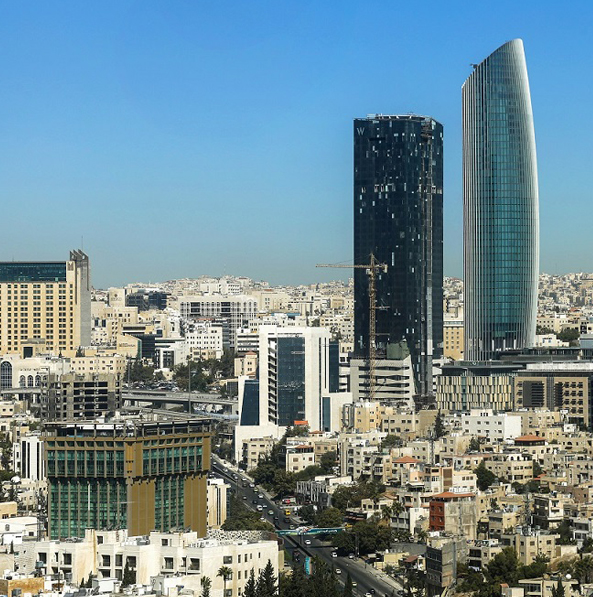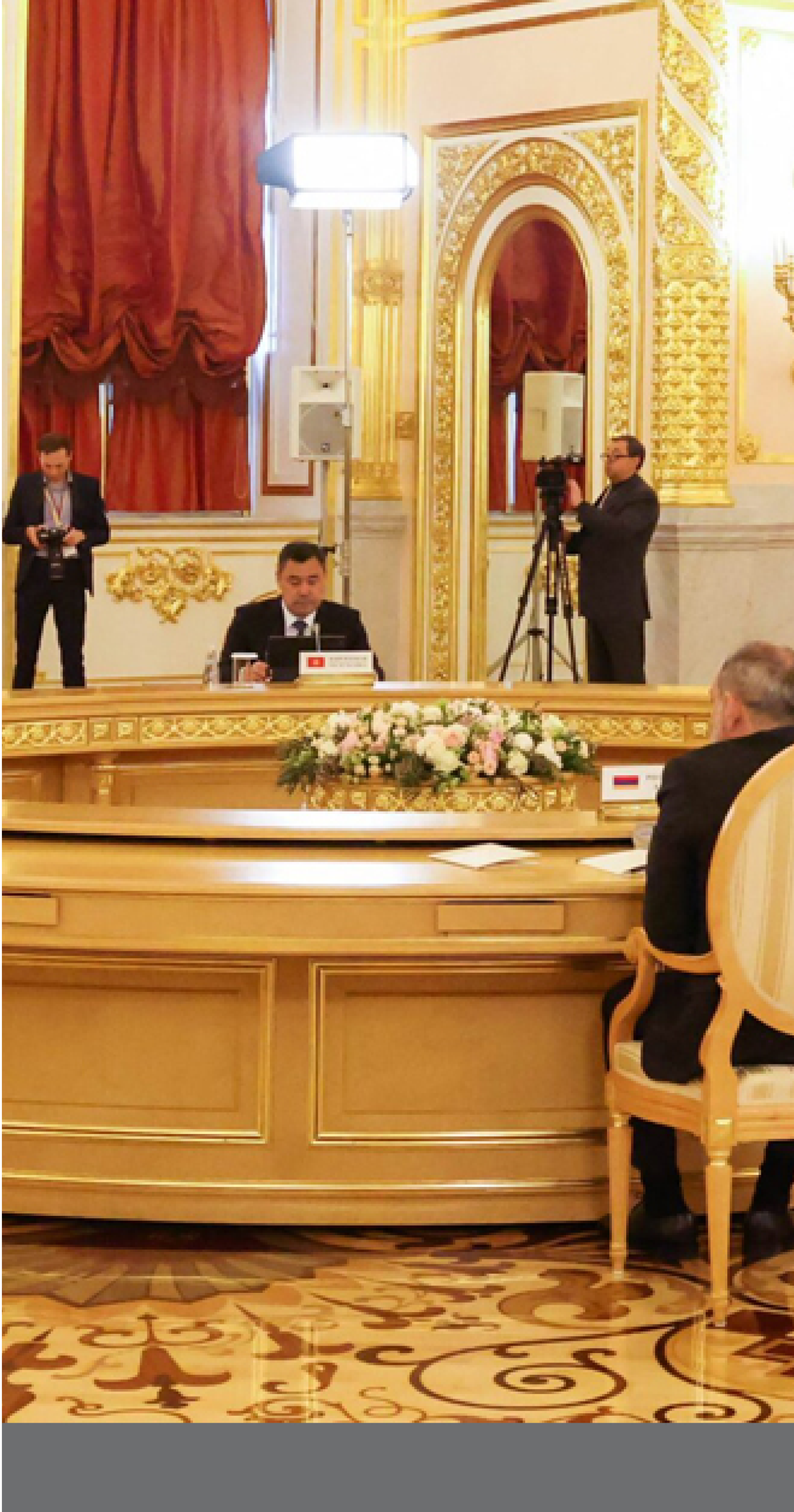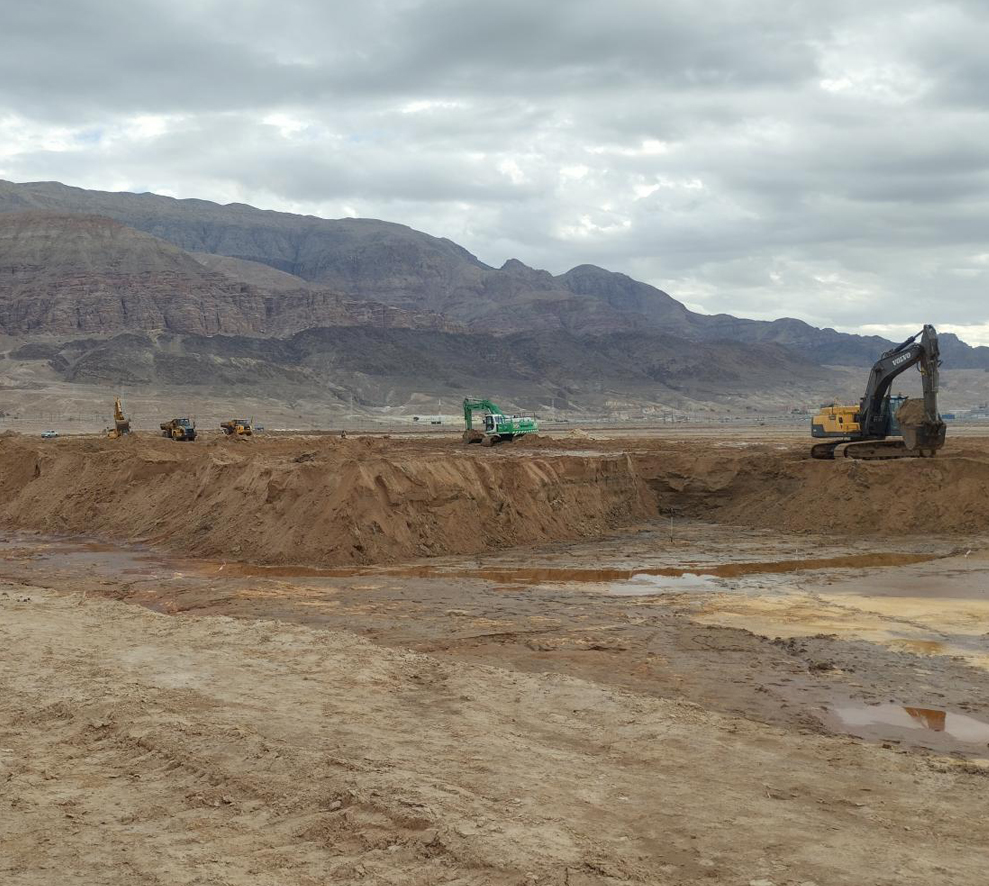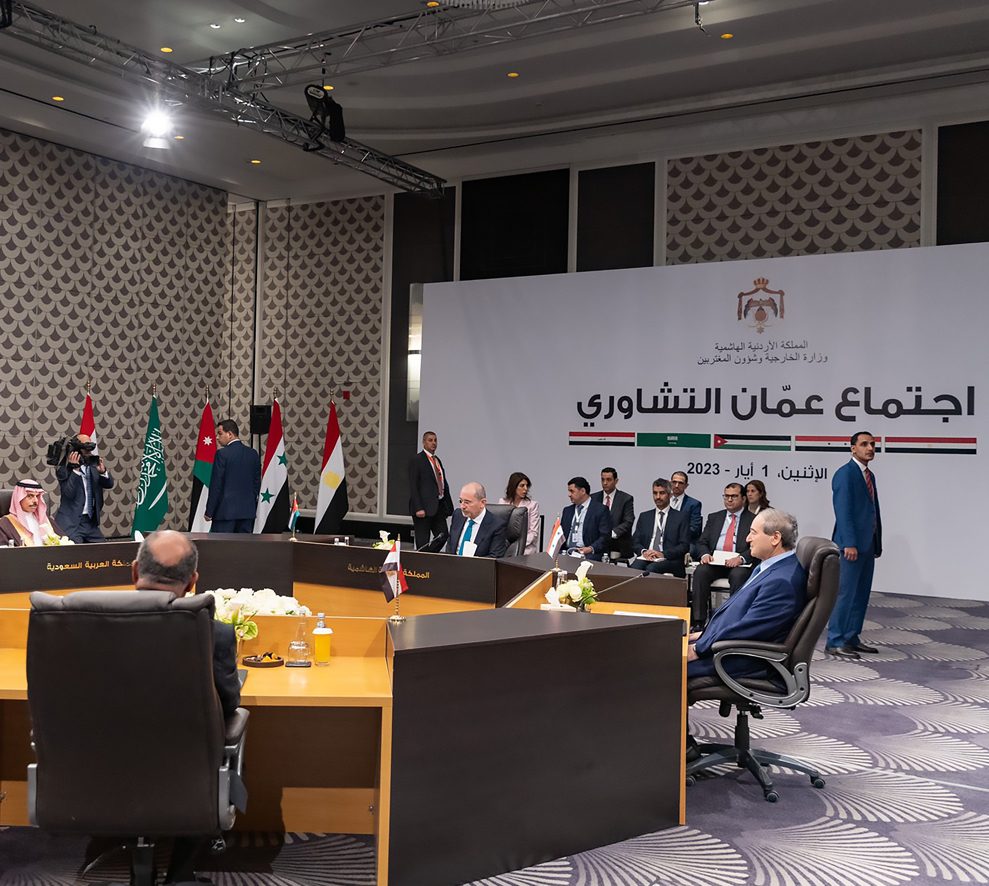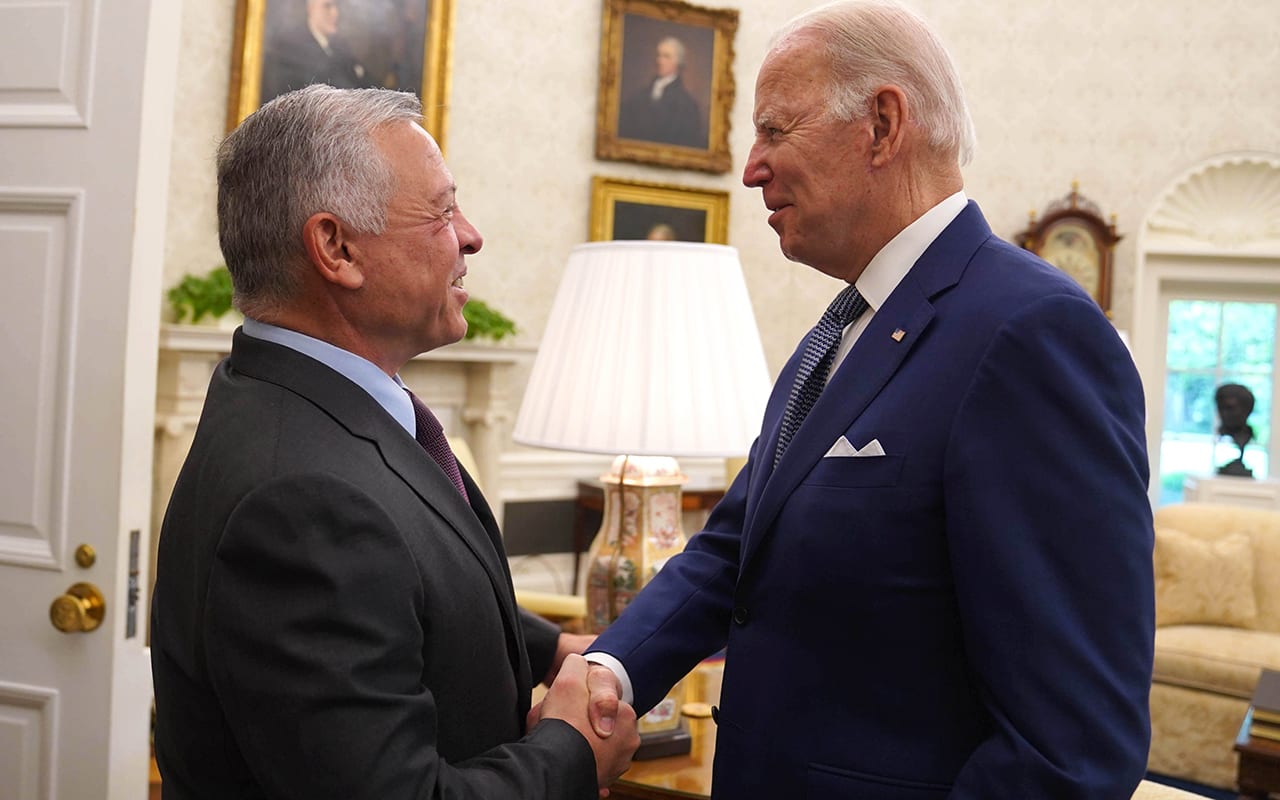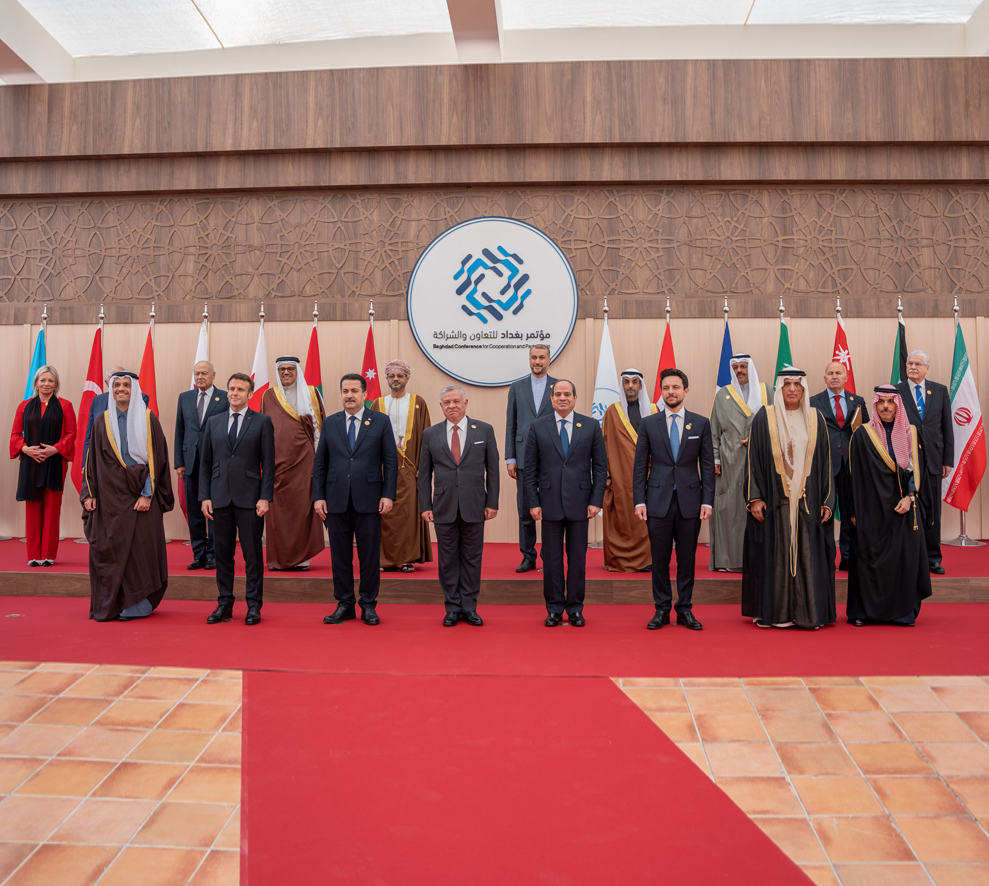Note from the editor: Please take into account that the study addressed the overall indicators of the Jordanian economy, based on the figures that already exist and previous years. We realize that the variable of the Russian-Ukrainian crisis may change these expectations, or affect some figures in the context of the development of this crisis. So, there will be a separate study later, dealing with the impact of the Russian-Ukrainian crisis, in particular, on the Jordanian economic landscape.
Introduction
The existing need and challenges often impose a look to the future. Although the furthest view has many elements that may be, somehow, vague and unclear, but there are data and hopes that there are trends towards a new state of recovery and rise in the political and economic aspects of Jordan. In this context, the importance of reviewing a number of Jordanian features and difficulties that the rest of 2022 holds at the economic and political levels.
Based on prevailing patterns and pivotal transformations, this paper will also try to present some assumptions and challenges to the most prominent features of the kingdom's landscape, at the local and regional levels, during this year. This paper, while somehow excluding shocking events, such as those caused by the Covid-19 pandemic outbreak around the world, whose effects are still present until hour, builds some estimates based on possible developments in the epidemiological situation, and its associated economic situation in particular.
However, the adopted assumption is that the pandemic is on the way to wane, and that this wane will be the beginning of a gradual recovery, whether being in terms of health and economy, that will prevail in 2022. However, this alone is not enough to get the country out of the negative effects of the pandemic, especially since the difficulties, challenges, and economic problems preceded the pandemic years ago, and that the pandemic has increased such burdens.
Politically speaking, this paper attempts to draw a rough image of Jordan's political landscape expected in 2022, at the local level, and in interaction with the regional and international environments, with some caution; what is regional or international is decided mainly by the interactions, events, and positions in these two axes, which is often the determining and decisive factor in Jordan's position.
The Economic Reality: from Data to 2022 Horizons
It can be said that the Jordanian economy, in 2022, comes amid a global climate that is characterized by great challenges in the light of regional and international unrest, as well as the repercussions and difficulties imposed by the pandemic (Covid-19) on various joints of the Jordanian economy. Some significant Jordanian economic indicators demonstrate how modest was the GDP growth has been at constant prices during the past years (before the Covid-19 effect), reaching 2% against the minimum required to create jobs, maintaining economic stability of 5%, against the realistically hoped stability (6%-8%).
The prevailing pattern of GDP growth from 2010 to 2019 (pre-pandemic) shows that the growth ranged from 1.9% to 3.4%, according to 2020 Statistics Service Data. However, last year, 2021, had positive indicators, with the kingdom's real economic growth rate reaching 2.1% in the first nine months, according to data from the Central Bank of Jordan. In this context, with the repercussions and weight of the covid-19 pandemic and its effects - which will remain somehow effective - in 2022, Jordanian GDP is estimated to increase to about 3% in 2023-2025.
In light of the aforesaid, given the consequences of the pandemic on the economies of the world, including the Jordanian economy, 2022 will witness an improvement in the rate of economic growth, increased export volumes, and improved economic performance, which provides stronger opportunities for growth and employment, as announced by the Central Bank of Jordan, highlighting the importance of betting and building on the role of the private sector, which hopes are related to it, in order to be an active tributary with the government (public) sector, in the direction to stimulate and activate domestic investment, and to attract more foreign investments to the Kingdom. This year may likely witness a development in this regard, an estimate reasoned in light of the government's tendency with its economic plans, announced for implementation this year.
On the other hand, given the highlights of the current year locally - from reality to future aspirations - and with regards to a package of government openness measures, that aim to restore momentum to the economy and driving its growth, Jordan's most prominent government and institutional tendencies, during the year and the rest of, it will be focused on the following:
- In the agricultural field: it can be said that the "difficult" situation of the agricultural sector is not only the result of the Corona epidemic crisis, but it goes bac to ten years ago extended, according to specialists. The agricultural sector has become a factor in the "migration of farmers and investors", the matter which poses a threat to food security, in light of the decline in cultivated areas, and the decline in the number of the few remaining farmers. In the face of these dilemmas, and in order to address them, the Jordanian Ministry of Agriculture, under the direct royal guidance of the sector, announced the Jordanian National Plan for Sustainable Agriculture 2022-2025, with the aim of improving the living conditions of farmers, and working to increase the productivity of the agricultural sector. This national plan includes 73 ambitious projects that contribute to solutions to the problems of the agricultural sector, the development of new projects, at a total cost of 379 million dinars, as well as other government tendencies to benefit from agricultural and industrial energies and the role of the ICT sector during the This year, and not to rely only on the service economy at the expense of the productive sectors so sharply. The pandemic, in particular, showed the significance of such tendency.
- Unemployment dilemma: Recognizing the fact that economic growth, achieved in some previous periods, did not succeeded in reducing unemployment rates, His Majesty King Abdullah II bin Al Hussein stressed that 2022 will be a year in which the state is moving to maximize the intensification of work, coordination between its various institutions to address this problem, and to continue to strengthen the partnership between the public and private sectors to produce new jobs, in addition to the importance of strengthening partnerships with Arab countries, especially while It is about attracting investment and setting up major projects, especially in the agriculture, energy, and transport sectors. In this regard, there is a need for clear future programs and strategies to regulate the labor market, and to replace local employment instead of the "foreign labors", with a view to finding radical solutions to the problem of unemployment.
This is in addition to promoting awareness programmers of education and vocational work, and adopting laws governing and attracting working environments that reduce the problem of rising unemployment under difficult economic conditions. In a related context, the youth group (15—24 years) is the most affected group. There should be rapid and effective measures to address the problem of this group, where youth unemployment reached 50%. As for females, unemployment rate was 3 out of 4. According to the World Bank's December 2021 Report of the Jordan Economic Observatory. The Corona pandemic was a direct cause of unemployment in Jordan, which reached 24.8% in the second quarter of 2021, after it was 19% before the pandemic.
- Also in poverty data: According to a joint report by the United Nations High Commissioner for Refugees (UNHCR) and the World Bank, poverty percentage in Jordan increased by about 38 points among Jordanians, as a result of the Covid-19 pandemic. The Minister of Planning and International Cooperation, Nasser Al-Shiraida, estimated that poverty was "in a phase" in 2021, by 24%, up about 6% from 2020. A 2021 World Bank report showed that the Corona pandemic was a remarkable cause of increased rates of extreme poverty, and widening income inequality in Jordan.
Accordingly, the government announced setting a two-year road map plan, starting in 2022, to address this problem associated with increased unemployment, in which mechanisms are put in place to implement a matrix that constitutes economic priorities for post-Corona recovery. Such plans are represented with projects linked to future prospects and financing hubs, through the Public Treasury, or by projects of a public-private partnership nature, or open to local and foreign investment, in order to attract as much as possible of interested and venture capitalists. Projects have been set up, in various areas, to alleviate poverty and unemployment, but the whole matter is strongly related to the extent of a number of sectors recovery, such as tourism, services in general, and the actual implementation of the tendencies of productivity, whether the agricultural or the industrial sectors, as well as the information technology.
In a related context, any future view of preparing an action plan in the coming years, should include a clear vision of reconstruction processes. better than in previous years, such as giving the poorest and most disadvantaged the opportunities to recover what they have lost and building resilience, in the face of future shocks, through a review of labor market policies, social protection, health, and education. This should be done with a holistic view of standards, that take into account the participation of everyone.
- In the face oof the ascending rise in Jordan's public debt problem, both domestically and externally, and after 2021 witnessed record levels in the volume of this debt, which further exacerbated the effects of the negative economic conditions, the quest to reduce indebtedness will continue during 2022, which is one of the most important government tendencies as announced by the Ministry of Finance. This will come through the development of a deliberate plan for economic recovery, and the lifting of all forms of embargo, the opening of various economic sectors, support those affected by the pandemic, and the employment of policies financial support.
- Thus, while in recovery from the pandemic effects, the work will be doubled in joint projects at the regional level, such as the developmental partnership with Iraq and Egypt, energy-related projects with Lebanon through Syria. It appears that the supply of Jordanian electricity to Lebanon, as well as Egyptian gas, has already begun this year in 2022, and will grow within future expansion projects that serve the economy of these countries.
- With regard to the discussions of the Declaration of Intent, and the so-called "Energy for Water", within the declaration between Jordan, the United Arab Emirates, and Israel in late 2021, it appears that if the controversy continues, it will not constitute legislative or procedural implications and constraints. In this regard, the Jordanian public looks forward to find a solution to the issue of water destitution, which a very important and serious strategic issue. The public of Jordan welcome projects such as the National Carrier, and many other measures, to secure water for Jordanians, now and in the future.
- In a related context, the Jordanian-Palestinian cooperation and coordination will rise economically, especially after the signing of several agreements in this regard during this year. The prime minister's recent visit to the Palestinian territories, and the signing of the Jordanian-Palestinian Free Trade Agreement for Economic Cooperation between the two countries, is one of the promising and future economic plans in this field.
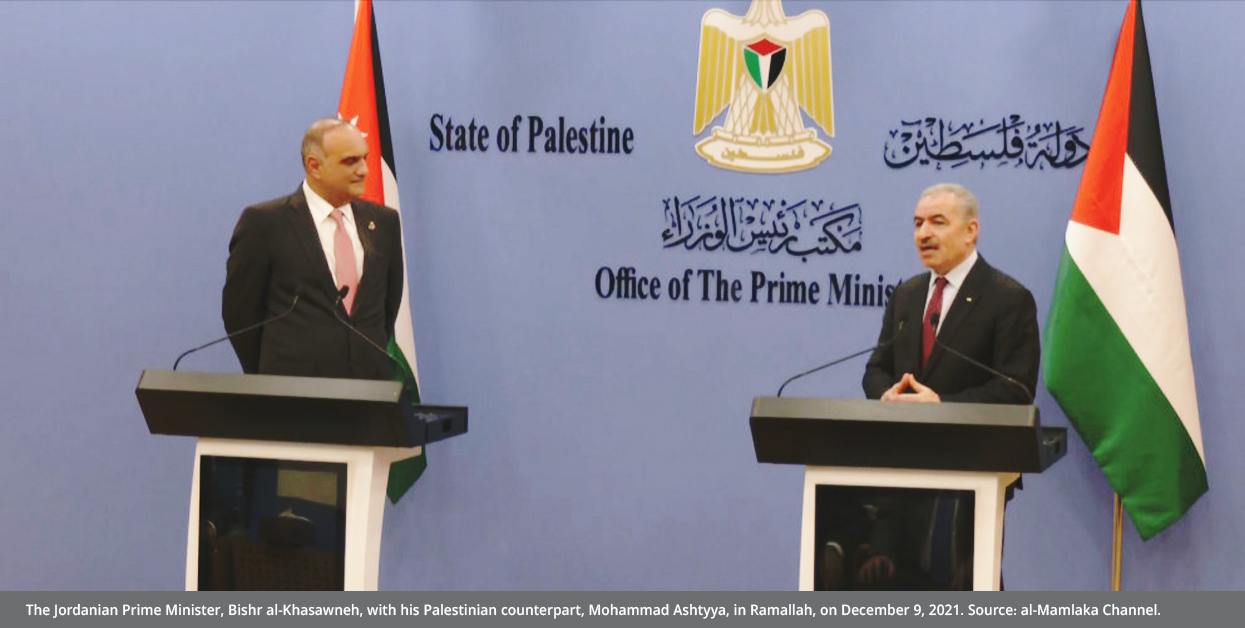
However, to be fair, it seems inevitable that the Covid-19 pandemic, despite the significant losses it caused to the Jordanian economy, and the impact of such pandemic on the various sectors of Jordan, but an effective initiation can be started, in order to address the accumulated and anticipated problems, for the rest of the current year, and it build be built on, it even if Jordan needs a short period of recovery from the pandemic's effects on the economy. Any success in the work, witnessed this year and the coming years, is based mainly on a general Jordanian awareness of the importance of self-reliance first, and on the need to pay a tangible and specific attention to the productive sectors, attention to the private sector; and domestic and foreign investments.
It is important, perhaps, not to overestimate the possibilities for a rapid exit from the current and upcoming economic crises, and other challenges noted in the recent fiscal year 2022 budget speech, that the biggest challenge for this budget and the national economy, will be how to address unemployment and the pockets of poverty, that have grown and spread in the last two years, significantly and dangerously, as mentioned earlier. In addition to the unprecedented scale of indebtedness, and many other aspects of existing livelihood problems referred thereto earlier. This necessitates that the concerned bodies of such regard should set studied plans thought which their effects will be reflected in the future on the Jordanian public.
However, there are some signs of relative optimism this year, as the beginnings of the recovery from the pandemic began to take place in recent government actions, with a significant decrease in casualties and the opening up that the country witnessed in early March, by removing restrictions on many economic and social activities. This may signal to the return of life and recovery to the tourism sector, as Jordanians look forward to. The Director General of the Tourism Promotion Authority announced that an additional 250,000 new tourists are expected to arrive in the Kingdom, during the year via low-cost aviation.
In the field of upcoming projects for 2022, the Chairman of the Parliamentary Economy and Investment Committee, announced the government's intention to establish strategic projects, including a railway project, extending from Aqaba through Amman to the Iraqi capital, Baghdad. As well as a university hospital project on the airport road, in partnership with the Saudi Investment Fund, with a cost of at least 150 million dinars. And a hydrogen generating plant, as an alternative energy. He also said that 23 laws on the committee's agenda, in the coming period, are in the interest of the private sector's commercial work, and the advancement of the Jordanian economy this year.
The national and ambitious Economic Workshop, launched under royal auspices in late February, entitles "Moving Towards the Future: Freeing up the Possibilities to Modernize the Economy", is one of the most important features, whose outcomes will be future results and prospects, that will draw up a cross-government strategic roadmap, aimed at unlocking the possibilities for overall economic growth, and developing a long-term vision for economic sectors and increasing their competitiveness, within specific and actionable time plans for the coming years. The Workshop addresses, with research and study, 17 economically vital sectors, exploring future opportunities for growth and recovery, as well as examining the factors required to enable these sectors, and stimulate investment in them, in an effort to cope with the stagnation and economic slowdown that the country is going through, which came in the context of the repercussions of regional and international conditions, that affected the global economy as a whole, and affected Jordan in the decline in employment capacity, job creation, and other problems, which affected the standard of living of citizens.
There remains a remarkable development to refer thereto, namely; the relations with the Arab Gulf states. It is to be mentioned here that the final statement of the 42nd Summit of Leaders of the Gulf Cooperation Council, held in mid-December 2021 in Riyadh, Saudi Arabia, stressed on the importance of the special strategic partnership between the GCC countries and the Hashemite Kingdom of Jordan, and addressed the statement to increase the efforts to implement the joint action agreed-on plans, within the framework of the strategic partnership between the Council and the Kingdom. As well as stressing on future investment plans and projects, that will be worked Between Jordan and the Arab Gulf states.
Political Aspirations of Jordan in 2022
The most prominent aspirations, that will be seen in the local Jordanian political arena in 2022, begin with the legislative authority, and the results of the discussions of the Electoral and Parties Laws, after the passage of the draft law on constitutional amendments. this comes in a path entirely moving towards the modernization and development of the political system, which came in the draft laws, especially those related to parties and elections, and draft constitutional amendments. The government added the draft law of the National Security Council. All of them establish a new phase and a paradigm shift in the political career in Jordan. If what 2022 will bring, in this regard, can be described, then it can be said that these projects will go through their constitutional stages, to be approved in the chambers of deputies and dignitaries.
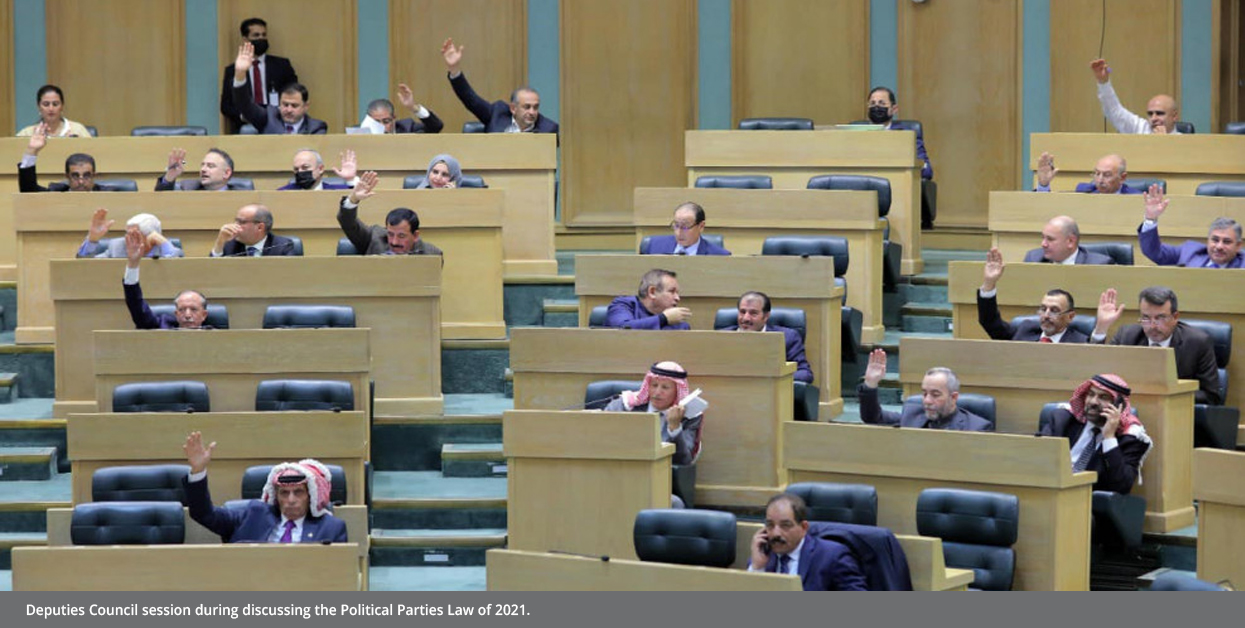
In Jordanian partisan life, it is likely early to talk about qualitative shifts in party movement and activity. This year, it seems, will be a space to prepare for mergers and alliances within the parties' ranks, and to establish new parties. The elections in March 2022 will be the date for voting and counting for provincial councils, municipal councils, and the Amman Secretariat Council. This is an appropriate start for a democratic expression, in which parties are unlikely to play a key role.
Regarding the central issue of foreign policy, Jordan's position, which calls for a just solution to the Palestinian Cause, support for a two-state solution, and the establishment of a Palestinian state on the borders of June 4, 1967, with Jerusalem as its capital, will continue. Jordan will, as always, address Israeli settlements, Judaization and attacks, while the issue of Jordanian guardianship of Islamic holy sites in Jerusalem will remain an issue that accepts no compromise. This is in tandem with the convictions and aspirations of Jordanians. Jordanian support for the rights of the Palestinian people will, of course, continue in various forums, and His Majesty the King will continue to invest his influential presence with the U.S. administration in particular, in an effort to open the long-closed doors of peace.
As for Jordan's regional relations, Jordan is expected to continue the work on more developed relations with the Gulf Arab states, as well as relations with Iraq, Egypt, the Palestinian Authority, Syria, Lebanon, and various Arab countries, as well as its development with Turkey. And possibly its "normalization" with Iran, depending on the impact of tensions between Iran and the Gulf Arab States, either towards exacerbating problems or a tendency in which relations may become closer, the matter which may no longer be dismissed. Just as the results of the nuclear talks with Iran are also a watershed and have significant implications for the entire region, and the results of success or failure are pivotal, as the failure on this path, and its use in a wrong direction mean that the region may be on the verge of a new escalation.
In general, the Jordanian public looks forward to a special role for the Kingdom in the Middle East in particular, for security and stability in the region, especially since Jordan, led by His Majesty the King, has its geopolitical balance, its balanced presence, and its role in the regional and international arena. Jordan, known for its poise and objectivity, will remain a central factor for a just peace.
On the international landscape, this year may witness an active and more effective movement of Jordanian diplomacy in general. Working closely with the United States, the United Kingdom, and the European Union, besides supporting Jordan in these economically difficult circumstances, and politically shackled in the regard of a just solution to the Palestinian cause, is likely to be close. Although this policy is not new, it appears to be more present and tangible in 2022.
Keep in touch
In-depth analyses delivered weekly.
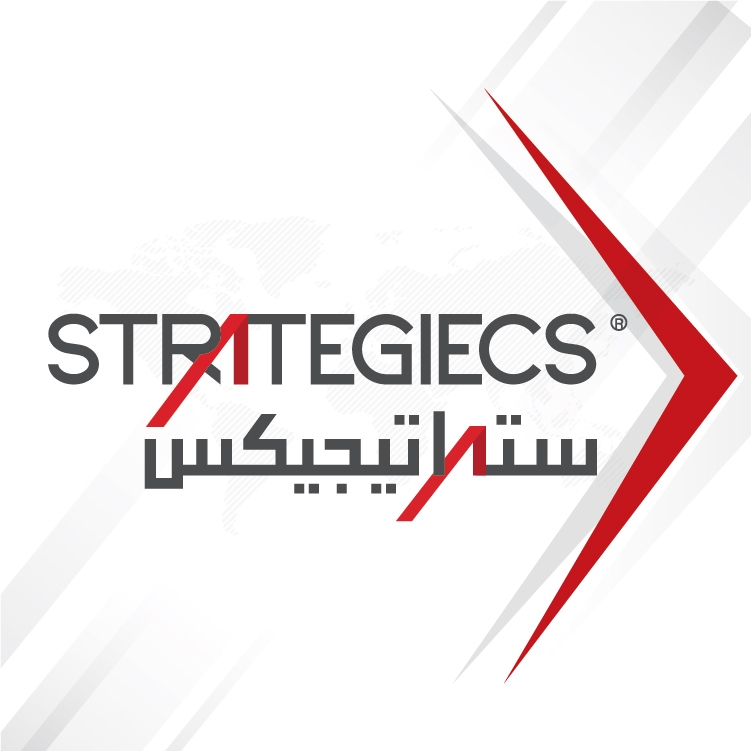
Related Analyses:







